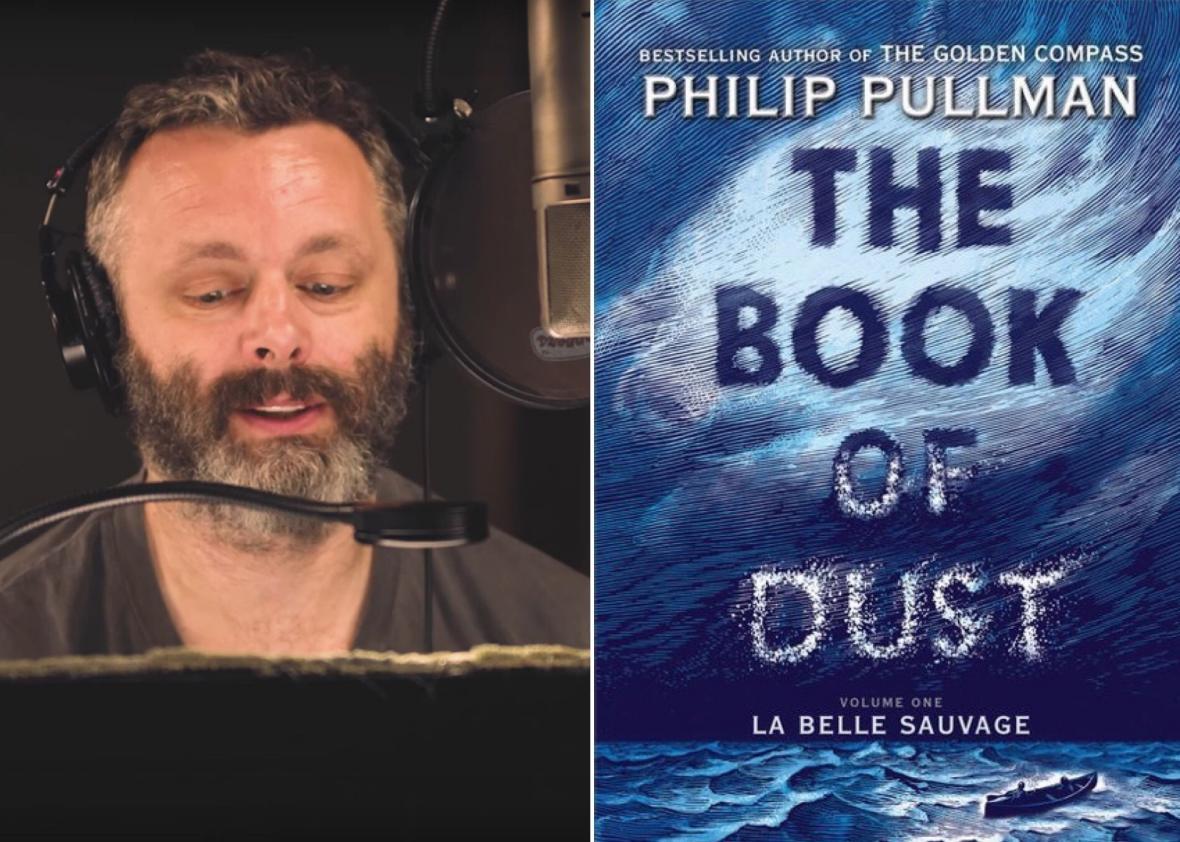Take heart, readers: There have been a few golden fragments to shore up against the ruinous crappiness of 2017. Philip Pullman finally published the first volume of The Book of Dust, his new series set in the world of his beloved trilogy, His Dark Materials. It’s been 17 years since the publication of The Amber Spyglass, but the new book, La Belle Sauvage, is both more of the marvelous same and something invigoratingly new. Where His Dark Materials was inspired by the works of Milton and Blake, with their titanic forces and metaphysical stakes, La Belle Sauvage takes its cue from Edmund Spenser, who revived the medieval romance for the Elizabethan era. The romance is a genre that speaks to the young (for whom it is full of promise) and also to the old (for whom it is full of nostalgia), like a secret game shared between a child and grandparent. In it, life is one adventure after another, a great, glorious wandering through a summer wood.
A bit of advice from a fellow traveler: Give yourself a treat and select for your guide on this journey the Welsh actor Michael Sheen, who narrates the audiobook of La Belle Sauvage. Previously, Pullman’s works have been performed in their audio editions by a cast of narrators. These were stirring renditions, reminiscent of old-fashioned radio plays, but Sheen’s performance is both more intimate and more unified. Celebrated for his film performances as David Frost in Frost/Nixon and as Tony Blair in The Queen (and just about every other movie that portrayed the British prime minister), Sheen also has the theatrical training that makes for the best audiobook narrators. His voice is impressive, from the crisp, definitive consonants of its higher registers to the rumbly bass notes Sheen summons when some menace enters the scene, to the vast, buttery expanse of his middle range. He knows how to breathe when reading, a skill many film actors don’t possess. (Compare, for example, Rosario Dawson’s narration of The Martian author Andy Weir’s new novel Artemis. For all her charm, she swallows the ends of her sentences when she runs out of breath.)
The great joy of Sheen’s narration, however, is that it’s a true performance, a cast of characters all embodied in one man. He can lighten his voice to portray women and children without making them sound mincing, simpering, or chirpy. Malcolm, the novel’s 11-year-old protagonist, is a bright working class lad soaking up the ambient knowledge shed by the scholars who patronize his father’s inn. The other voices Sheen creates include an elderly Irish nun, a woman scientist-spy, a nasally upper-class villain, seductive fairies, a Nordic witch, a terrifying hyena, and of course the Byronic Lord Asriel, father of Lyra Belacqua, the heroine of His Dark Materials, who appears as a baby in La Belle Sauvage. When the text calls upon him to offer his rendition of the hyena’s laugh, he brings exactly right degree of hamminess.
The video below of Sheen recording the audiobook shows just how complete these characterizations are: His face and movements change along with his voice and its inflections as he goes back and forth between Malcolm and Asriel.
Why is the narration of one great actor sometimes better than a recording that deploys the voices of several? Because at the heart of the audiobook experience, for the lucky among us, is a memory, planted deep. It’s the recollection of a single voice telling a story, possibly performing the different voices competently, but just as likely not. Back then, the skill of it didn’t matter, just the fact of this big person sharing in the construction of an imaginary world. The unabashed brio that Sheen brings to La Belle Sauvage, the pleasure he evidently takes in Pullman’s classic storyteller’s moves, has the sheltering, benevolent quality of those long-ago readings. And who couldn’t use a taste of that right now?
